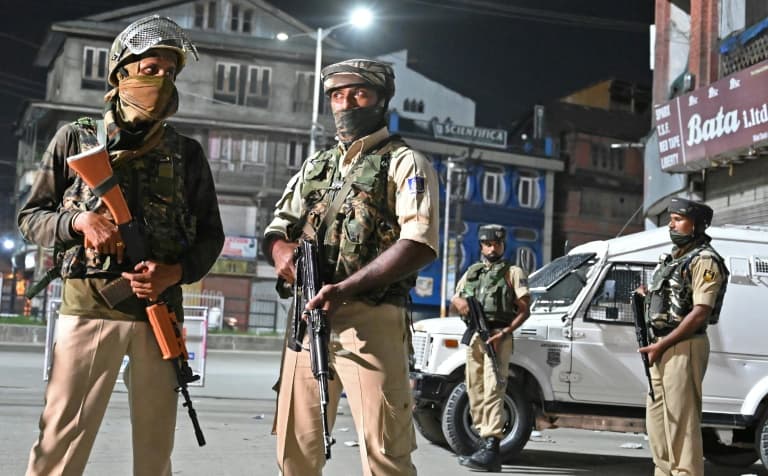The Indian government has rushed through a presidential decree to abolish Article 370 of the Constitution, which gave a measure of autonomy to the Muslim-majority Indian occupied Kashmir (IoK).
Here is everything you need to know about Article 370 and what could follow the development that comes as tensions mount in the troubled valley.
WHAT IS ARTICLE 370?
Article 370 was the basis of Jammu and Kashmir’s accession to the Indian union at a time when former princely states had the choice to join either Pakistan or India after their independence from the British rule in 1947.
The article, which came into effect in 1949, exempts Jammu and Kashmir state from the Indian Constitution.
It allows IoK to make its own laws in all matters except finance, defence, foreign affairs and communications. The article established a separate constitution, a separate flag and denied property rights in the region to the outsiders.
That means the residents of the state live under different laws from the rest of the country in matters such as property ownership and citizenship.
WHAT IS ARTICLE 35A?
Article 35A is a branch of Article 370, which was introduced through a presidential order in 1954 to continue the old provisions of the territory regulations.
The article permits the local legislature in IoK to define permanent residents of the region. It forbids outsiders from permanently settling, buying land, holding local government jobs or winning education scholarships in the region.
While Article 35A has remained unchanged, some aspects of Article 370 have been diluted over the decades.
WHY ARE THEY BEING ABOLISHED?
The ruling Bharatiya Janata Party (BJP) and its right-wing allies have challenged Article 35A which it calls discriminatory. Last month, a senior BJP leader had hinted that the government was planning to form exclusive Hindu settlements in the region.
With the special status repealed, people from the rest of India would have the right to acquire property in IoK and settle there permanently.
Kashmiris fear the move would lead to a demographic transformation of the region from majority-Muslim to majority-Hindu, paving way for Prime Minister (PM) Narendra Modi’s hardliner BJP in the disputed territory.







